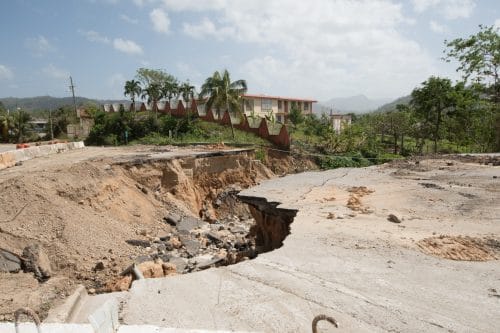
It is no surprise to anyone who lived in California during 2018 that the wildfire season was more destructive than any in history. Of course, the danger did not end when the fires subsided – it just led to other issues like flash floods and mudslides.
As people lost their property – and some people lost family members – many questions were raised about who was legally and financially liable for these damages. Keep reading to learn why this is such a complicated question. If you have lost a loved one in an accident you believe was the fault of someone else, contact The Law Offices of Larry H. Parker at 800-333-0000 for a free legal consultation.
The Cause of Post-Wildfire Mudslides
When an area is burned, it loses its capacity to absorb water – which makes it more susceptible to both flooding and mudslides. There is new debris on the ground, which mixes with slick ash to create the perfect condition for a mudslide. The truth is that the cycle of droughts, fires, flooding, and then mudslides is a tale as old as time, but there are steps that can be taken to reduce the risk.
The key, according to one expert, is to be proactive when mapping out landslide hazard areas. The government would then change the sorts of zoning options approved in areas that are at high risk. Protective barriers can also be erected to deflect landslides or even catch them. At a minimum, these barriers can keep the water separate from the debris so that the mudslides will be less dangerous.
Liability for Mudslides
Most people assume that mudslides are natural disasters and that there is nothing to be done in finding fault. This is not always true. In some cases, certain parties failed to take the appropriate actions to keep the area and property safe. It is true that homeowners’ insurance policies generally do not cover mudslide damage but there can be exceptions if the movement was caused by floods or fires.
As is true of a car accident, insurance companies often do not want to pay the claims they are presented with. It may be true that you do not have coverage for mudslide damage. It may be true that no one was at fault and it was a simple act of God.
But it could also be true that someone who lives up the street from you made a mistake in the way their home was built that caused the mudslide to do much more damage than it otherwise would have. It may be that the city or community you live in was given money to improve safety from mudslides and did not take action. These situations could all mean that someone else is financially responsible for the accident.



